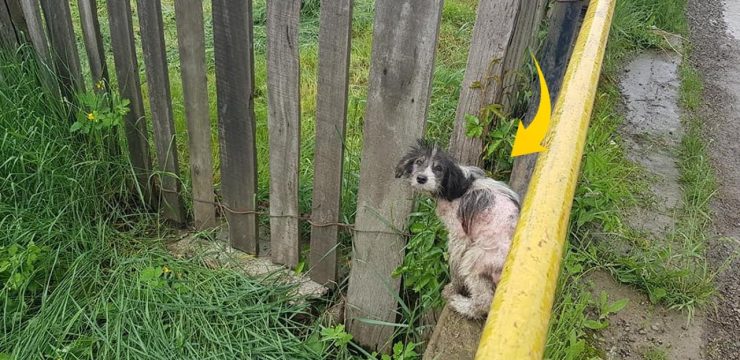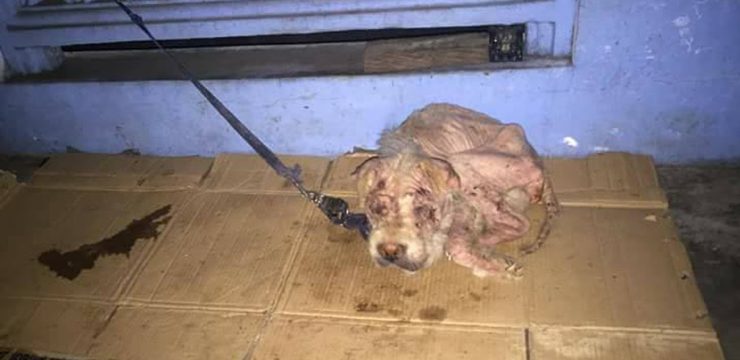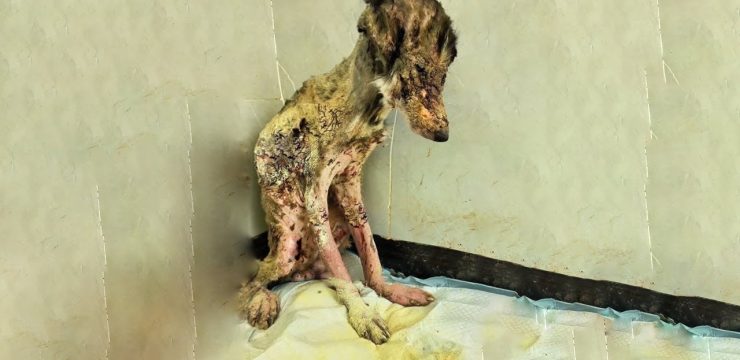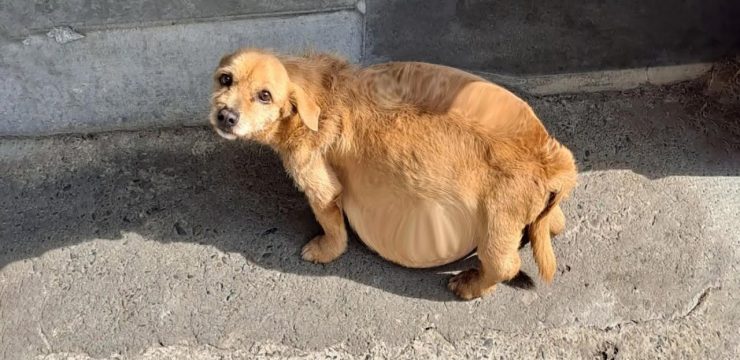A woman’s dream vacation turned into a nightmare when she was left behind during a hiking trip in Indonesia. What was meant to be a memorable adventure ended in tragedy, raising serious concerns about safety, accountability, and support for travelers abroad.
Juliana Marins, a 26-year-old Brazilian woman, was exploring Southeast Asia and decided to hike Mount Rinjani, one of Indonesia’s most famous and challenging peaks. Mount Rinjani, located on the island of Lombok, is known for its breathtaking views and steep, unforgiving terrain. It is also infamous for unpredictable weather, making it a risky destination for even seasoned hikers.
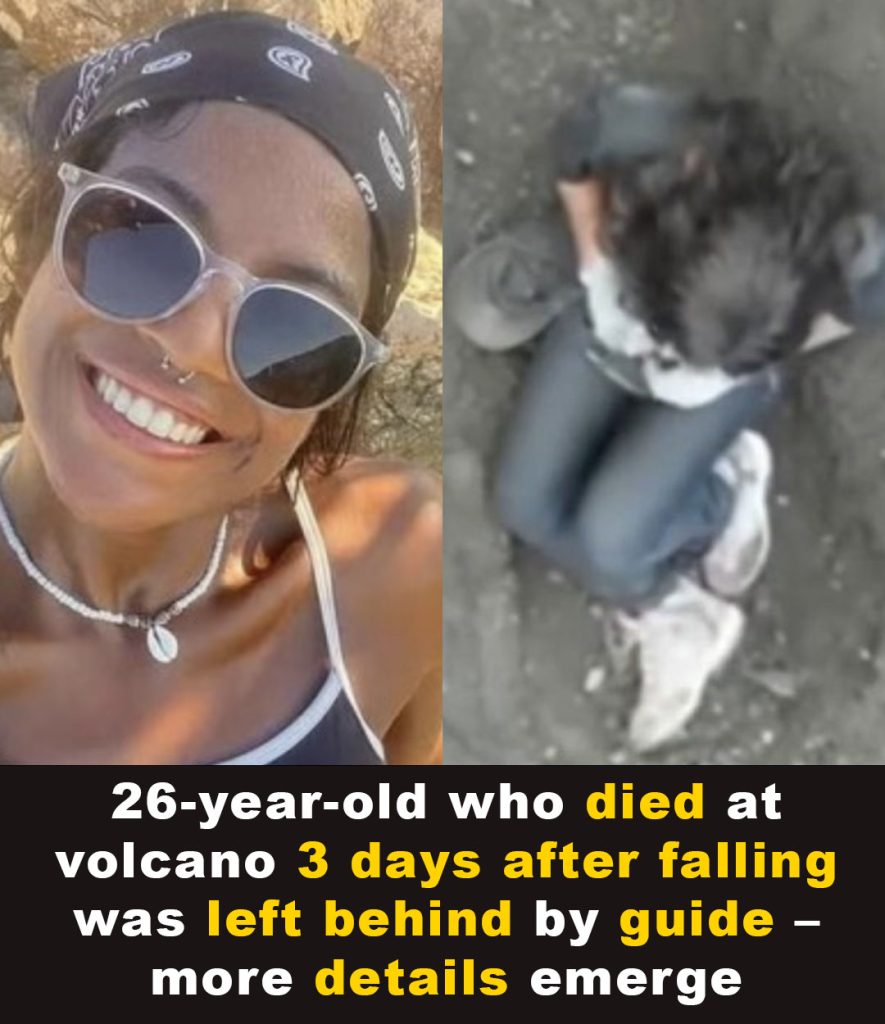
Juliana joined a group of five hikers, including a guide, to make the trek. On the second day of their hike, however, Juliana reportedly became too exhausted to continue. According to her sister Mariana, instead of staying with Juliana or ensuring her safety, the group—including the guide—continued on toward the summit, leaving her behind alone on the mountain.
“The guide just kept going, focused on reaching the summit,” Mariana shared in a heartfelt social media post. “This information comes from local sources. Juliana was left alone and terrified. She fell because no one came back for her. They abandoned her.”
Brazilian news outlets reported that Juliana had fallen approximately 300 meters—nearly 1,000 feet—from the trail. She was eventually spotted three hours later by another group of tourists. Those tourists used a drone to locate her and shared footage online, which eventually reached her family in Brazil.
On Sunday, June 22, 2025, Juliana’s family was informed by Indonesian authorities and the Brazilian Embassy in Jakarta that she had been found and provided with food, water, and warm clothing. But Mariana, Juliana’s sister, strongly disputes those claims.
“We spoke directly with people at the site,” Mariana said. “And the truth is, she was never reached in time. The story that she was given food and water is false. The rescue team didn’t even reach her for over 36 hours after she went missing.”
Adding to the family’s frustration, Mariana claimed that video footage circulated online—purportedly showing Juliana being rescued—was staged. “Those videos are fake,” she said. “The one that shows her being reached by rescuers was manipulated. It’s not real. Someone made it to look that way and added a message to deceive people.”
Compounding their distress, the rescue mission was delayed due to worsening weather conditions, including thick fog that made aerial operations nearly impossible. The search was temporarily suspended, and Juliana’s family remained in agony, anxiously awaiting any real update.
“She’s still out there, and every hour that passes makes the situation worse,” Mariana pleaded. “We need real information. This is a race against time. We just want her to be found.”
Her father echoed the family’s pain and anger, sharply criticizing the Brazilian Embassy in Jakarta for its lack of involvement. “We don’t know where our daughter is. The authorities haven’t reached her. She hasn’t had water, she hasn’t had food. She’s been alone for more than 36 hours. And now, it seems like they don’t even know where she is anymore,” he said in an interview.
He continued, expressing frustration at the silence from his own country’s officials. “The embassy has done nothing. We tried contacting the Brazilian government, but no one is helping us. It’s heartbreaking. She’s a Brazilian citizen, just 26 years old, and nobody outside of our family seems to care.”
Unfortunately, Juliana’s story did not end in rescue. In a sorrowful update posted online, her family confirmed the worst: Juliana had died.
“Today, the rescue team finally reached the location where Juliana Marins was. It is with immense sadness that we announce she did not survive,” the family wrote. “We are deeply grateful for the prayers, messages, and love we’ve received during this horrific time.”
Prior to this confirmation, Gunung Rinjani National Park had posted its own update via Facebook, stating that Juliana had been observed via drone. They said she appeared motionless and was trapped on a rock ledge nearly 500 meters down. The post detailed that two rescue workers attempted to reach her by checking a secondary anchor point around 350 meters, but were met with treacherous overhangs that made it impossible to proceed with proper anchoring. Eventually, the team resorted to a dangerous climb in order to reach her.
Juliana’s journey through Asia began earlier in the year, in February. Her travel plans had taken her to the Philippines, Vietnam, and Thailand before she made her way to Indonesia. She had documented her trip with joy and excitement, sharing snapshots and stories of her solo adventures.
Her death has raised many questions—not only about the circumstances of her fall but also about the responsibilities of local guides, the effectiveness of rescue operations, and the support systems for tourists in distress. It has also sparked a wider conversation about how governments protect their citizens when they are traveling abroad, especially in remote or dangerous locations.
This devastating loss has touched many hearts. Juliana’s story is a powerful reminder of the unpredictable nature of adventure travel and the importance of safety, accountability, and compassion. As her family and friends grieve, people around the world are joining them in mourning and calling for answers.
We extend our deepest condolences to Juliana’s loved ones. May her spirit be remembered, and may this tragedy prompt meaningful change in how emergencies like this are handled. Please share this story to honor Juliana’s memory and raise awareness.
